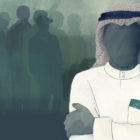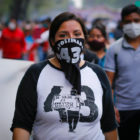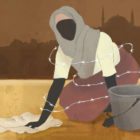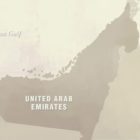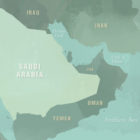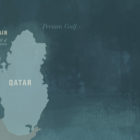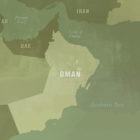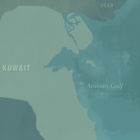covid
Chapter 1 – Best Practices and Suggested Topics in the COVID Era
|
This section was written by Migrant-Rights.org’s Vani Saraswathi. Reporting around labor migration in the Gulf Cooperation Council (GCC) is often framed around portraying migrant workers as victims, and does not recognize their agency or adequately capture their aspirational journey for a better life for their families and themselves.
